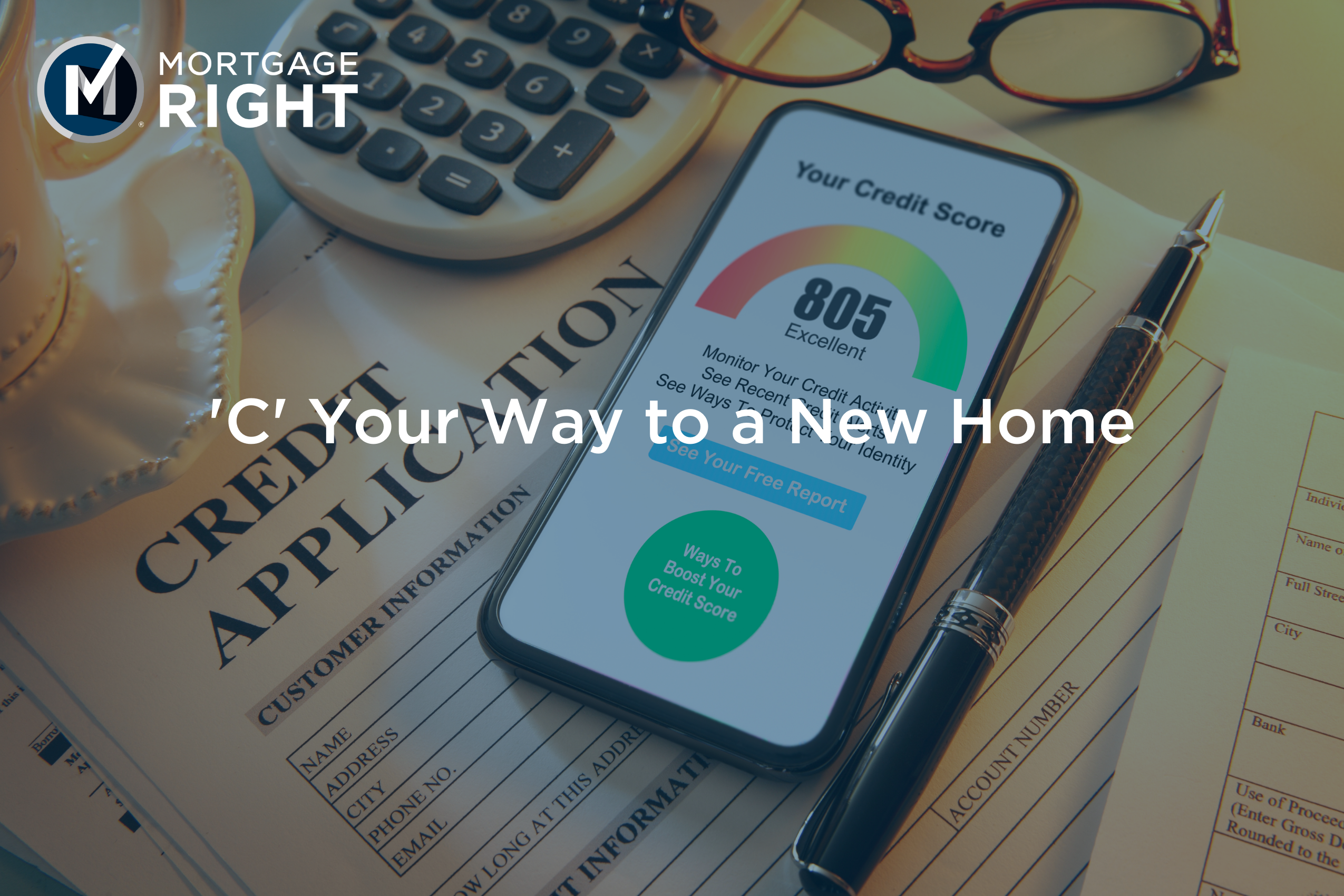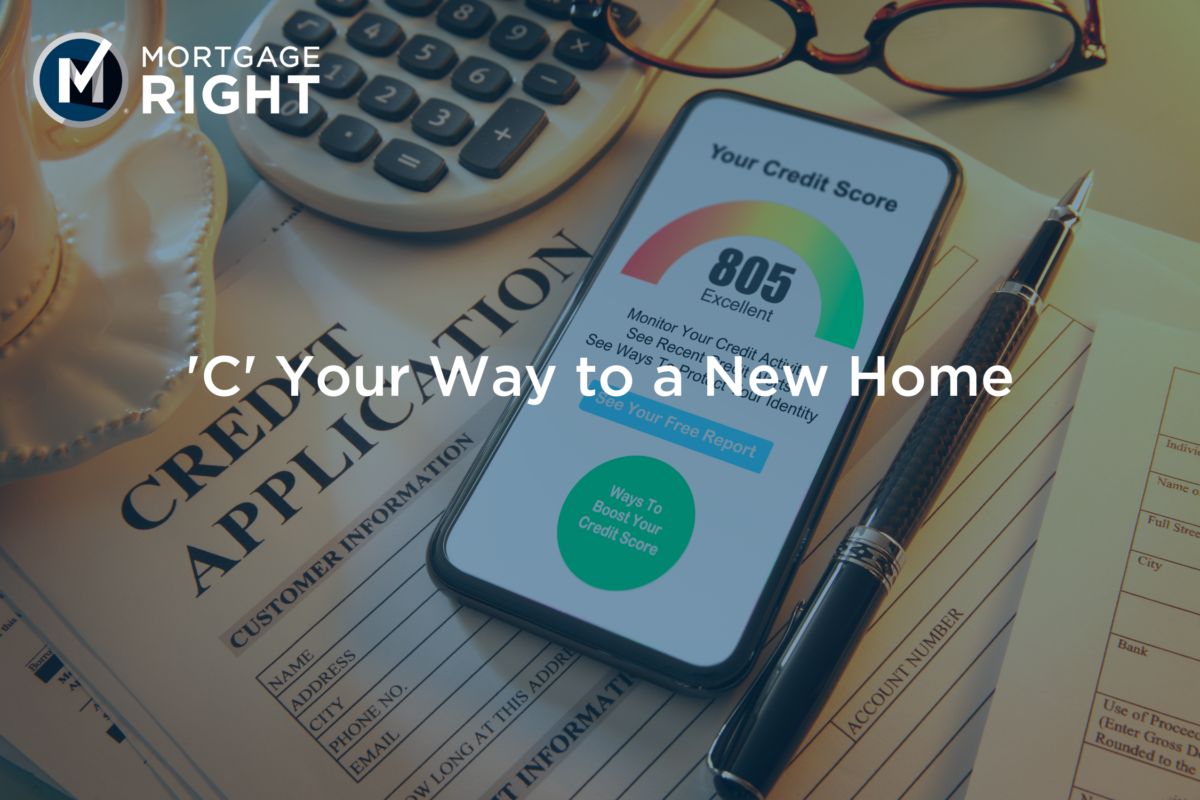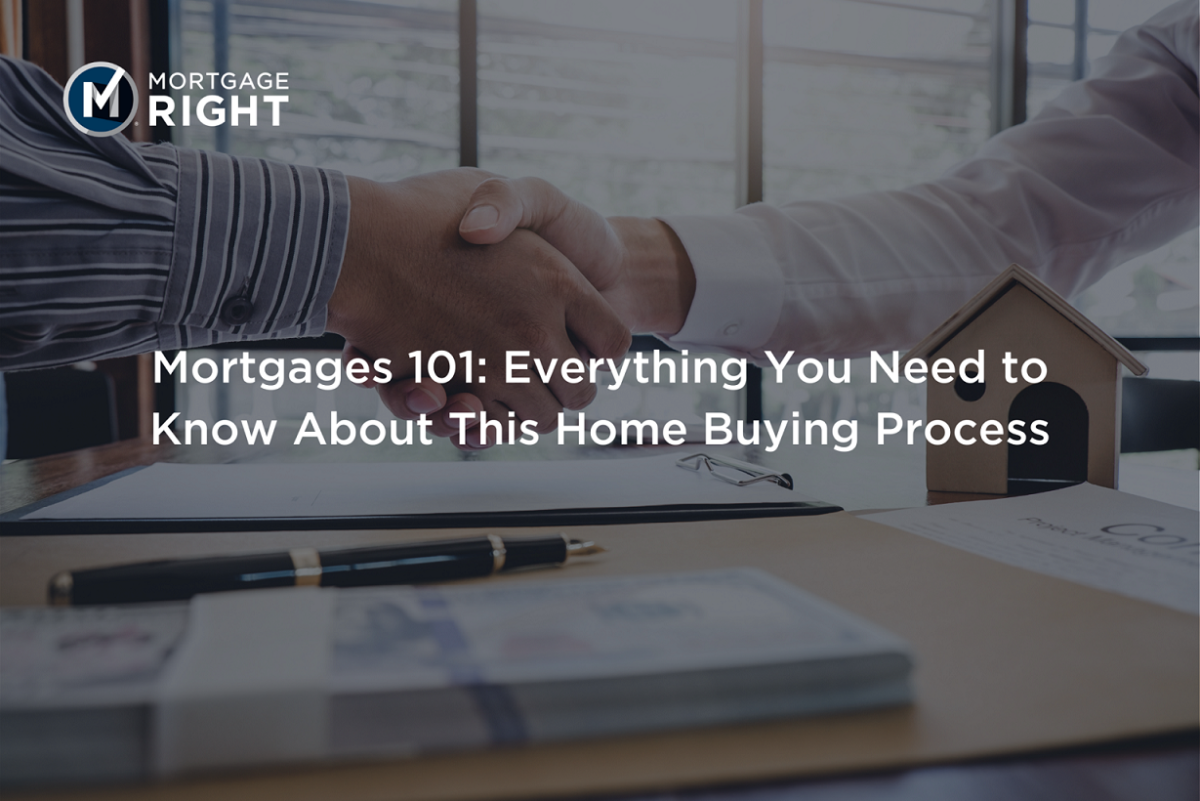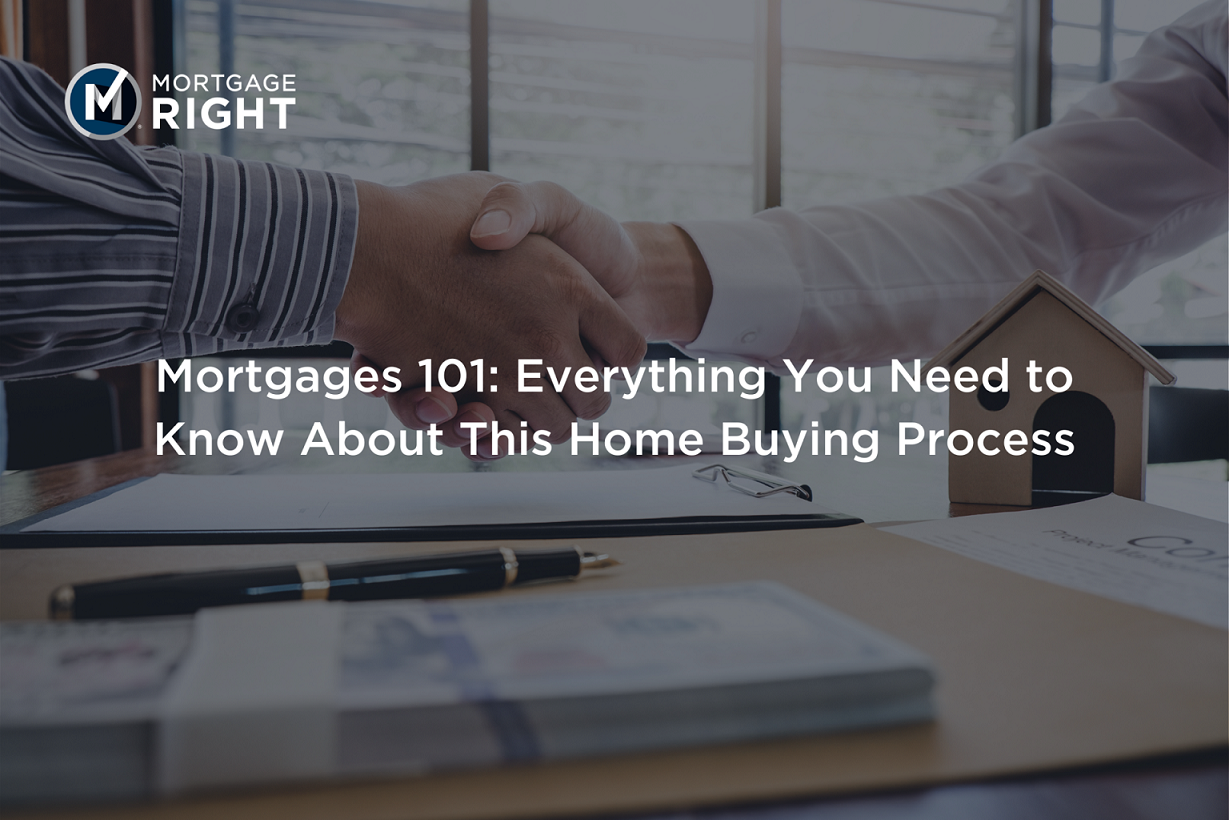
Worthiness. For some, it is innate. For others, it is forged by a lifetime of trial and error. And when it comes to buying a home, creditworthiness is a determining factor in whether you will be handed the keys to your new haven.
The Five Cs of Credit
The Five Cs of Credit is a classification of characteristics—character, capacity, capital, collateral, and conditions—that lenders use to ascertain the creditworthiness of a potential borrower.
Character – Not to be confused with Luke Skywalker or James Bond, the first C refers to a borrower’s general trustworthiness, credibility, and personality. The function of this C is to determine whether the borrower is responsible and can be relied upon to make on-time payments on their mortgage (or other debts). Lenders typically look to a borrower’s credit history and interactions with previous lenders to evaluate their character; work experience, references, credentials, and overall reputation may come under the microscope as well.
Capacity – The second C refers to a borrower’s ability to repay a mortgage loan by measuring income against recurring debts. This process is known as the debt-to-income ratio (DTI), which is calculated by adding up a borrower’s total monthly debt payments and dividing that summation by the borrower’s gross monthly income. Though acceptable DTI ratios vary between lenders, most prefer a potential borrower’s ratio to be about 35% or lower during the approval process.
Capital – If you’re a borrower, putting money down is one of the best ways to up your chances of securing the mortgage you’re seeking. Lenders want to see a borrower that is committed to their investment, and what better proof is there than putting your own capital on the line? Typically, when it comes to the third C, the higher the down payment, the more vested the borrower is in the property.
Collateral – A borrower’s assets are the key to this C. When it comes to landing a mortgage, the home is the collateral the borrower pledges to obtain the loan. It is important to maintain your account to avoid compromising your new home.
Conditions – The final C consists of lenders focusing on financial factors outside of the borrower’s control. The health of the economy, interest rates, and the amount of the principal come into play here. If the lender determines that any of these external factors will inhibit a potential borrower’s ability to repay the loan, the loan may not be approved.
Improving your worth
It’s one thing to understand the five Cs, but you may need to take steps to improve one or more components when considering purchasing a new home. Here are a few ways you can better your overall financial situation and bolster your creditworthiness using the five Cs:
Be consistent with payments – Credit score is one of the largest determining factors of your FICO score, and it typically increases when making monthly payments on time. If you find yourself lost in the onslaught of monthly bill payments, consider adding an automatic payment system into the mix to keep payments consistent and demonstrate your good character to future lenders.
Consider paying your debts off early – In both nature and lending situations, the old adage “the early bird gets the worm” rings true. Making extra payments or paying off debts early can improve your credit score and decrease your debt-to-income ratio. These factors tie into your capacity to repay your mortgage and lower the risk you pose to a lender.
Boost your savings – Extra funds can mean easier approval when it comes to landing a mortgage. Having the capital on hand to use as a down payment on your home will make you more desirable in the eyes of the lender. To increase your savings, try implementing an easy-to-follow budgeting strategy.
You’re Worthy? We’re Ready.
If you think you’ve mastered the five Cs of credit, it’s time to get a quote! Do you have more questions about increasing your creditworthiness? Download our FREE Credit Repair Guide.











